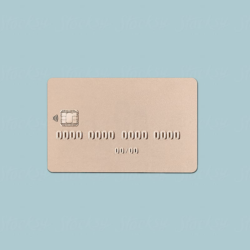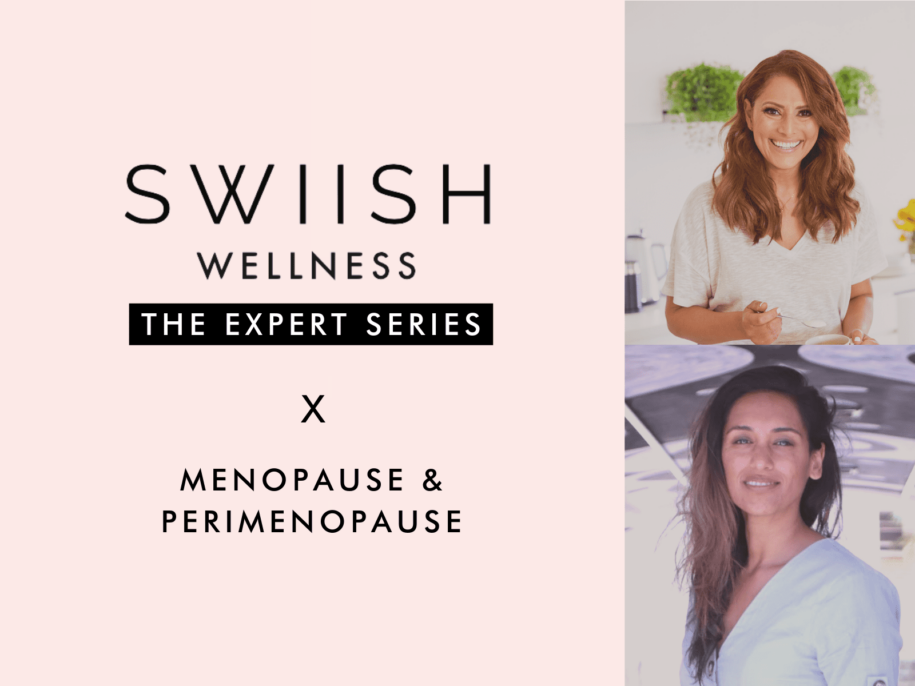
Sally sat down with Women’s health expert Lisa Costa-Bir to unpack all the menopause questions you want to know but never ask.
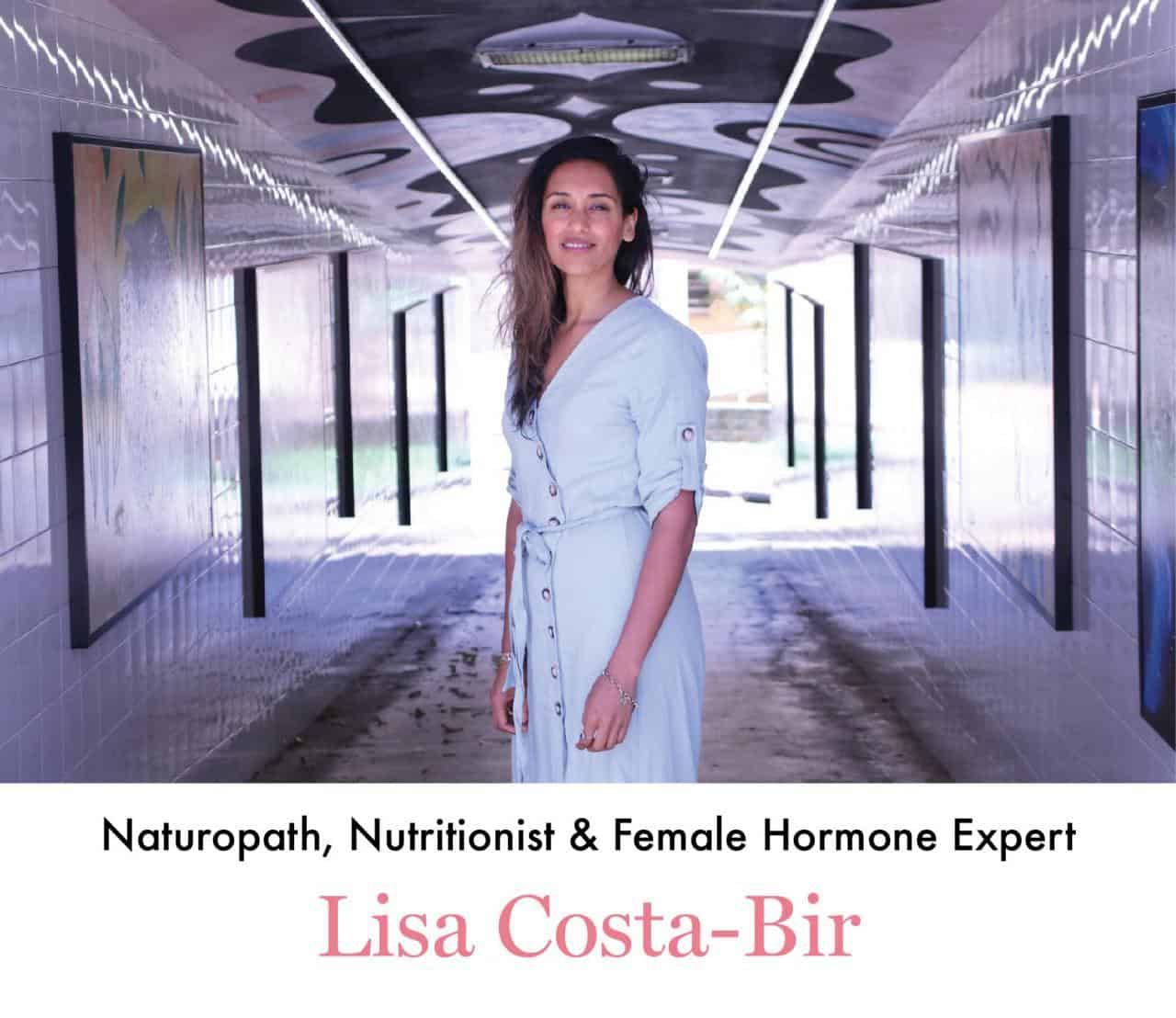
Q: Menopause v Perimenopause. What’s the difference?
A: Menopause is when you haven’t menstruated for at least 12 months.
Perimenopause is when the hormones in charge of ovulation become “less responsive”, thus causing the signs and symptoms of these physiological changes to begin.
Q: What are the common signs and symptoms of perimenopause?
A: In 80% of women, these are the main signs and symptoms:
Hot flushes
Irregular periods
Mood changes
Irritability
Night sweats
Vaginal dryness
Weight fluctuations

Q: What age do women typically start going into menopause?
A: It changes from woman to woman, but generally the age of menopause is around 50. This can vary from early 30s to late 60s as well.
Q: What can I do to support my body through menopause?
A:
Wholefood diet with healthy carbohydrates, fats, protein and green fruit/vegetables.
Upwards of 10 servings of green vegetables a day! This is where our SUPERGREEN Superfood Powder comes in handy containing over 40 super ingredients per serve.
Regular mealtimes. Small and frequent meals, without prolonged states of fasting.
Adequate sleep and regular rests throughout the day – even just for 5 minutes!
Yoga and meditation for associated menstrual pain and cramping.
- Herbal support – including black cohosh and st johns wort in particular.

Q: What causes weight gain in menopause?
A: When you enter perimenopause, low oestrogen and cortisol (stress hormone) fluctuations can result in poor stress adaption.
The fact is, you have more ‘cortisol receptors’ around the abdominal area and if you’re not “properly adapting” to stress, this combined with lowered oestrogen, can result in weight gain – particularly around the abdomen!
Q: Is there a link between dry skin, signs of ageing and menopause?
A: Yes, yes, yes – this is far from just a coincidence!
Oestrogen is responsible for keeping your skin plump, hydrated and lubricated. When this begins to decline in menopause, you’re likely to see a decline in skin health, strength and elasticity.
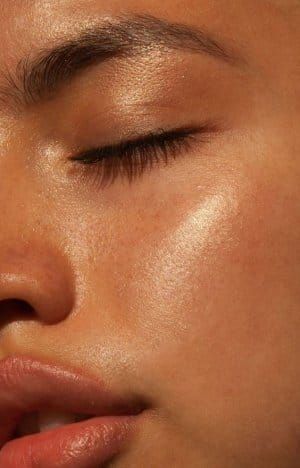
What can you do to help?
Adequate phytoestrogen intake. These are found in foods such as tofu, soybeans and flax seeds.
Collagen supplementation. This is the protein responsible for maintaining plump skin texture, that naturally declines with age. Nurture your skin here.
Support your gut health. Take care of your gut-skin connection with a diet adequate in prebiotics and probiotics.
Q: Why is my sleep so disrupted during menopause and perimenopause?
A: The rapid decline in oestrogen and progesterone that your body experiences are responsible for hormonal changes that affect sleep patterns and lead to other disruptors such as night sweats and restlessness.
As well as this, your body experiences a decline in iron during perimenopause and menopause, which can lead to restless legs at night, further disrupting sleep.
The heightened level of cortisol (stress hormone) in the body throughout this time also doubles at reducing natural melatonin (sleep hormone) levels. An excellent way to support the production of melatonin is through an all-natural sleep supplement.
Our SLEEP Superfood Powder was designed using a blend of superfood ingredients such as banana and tart cherry, known to enhance melatonin levels in the body.
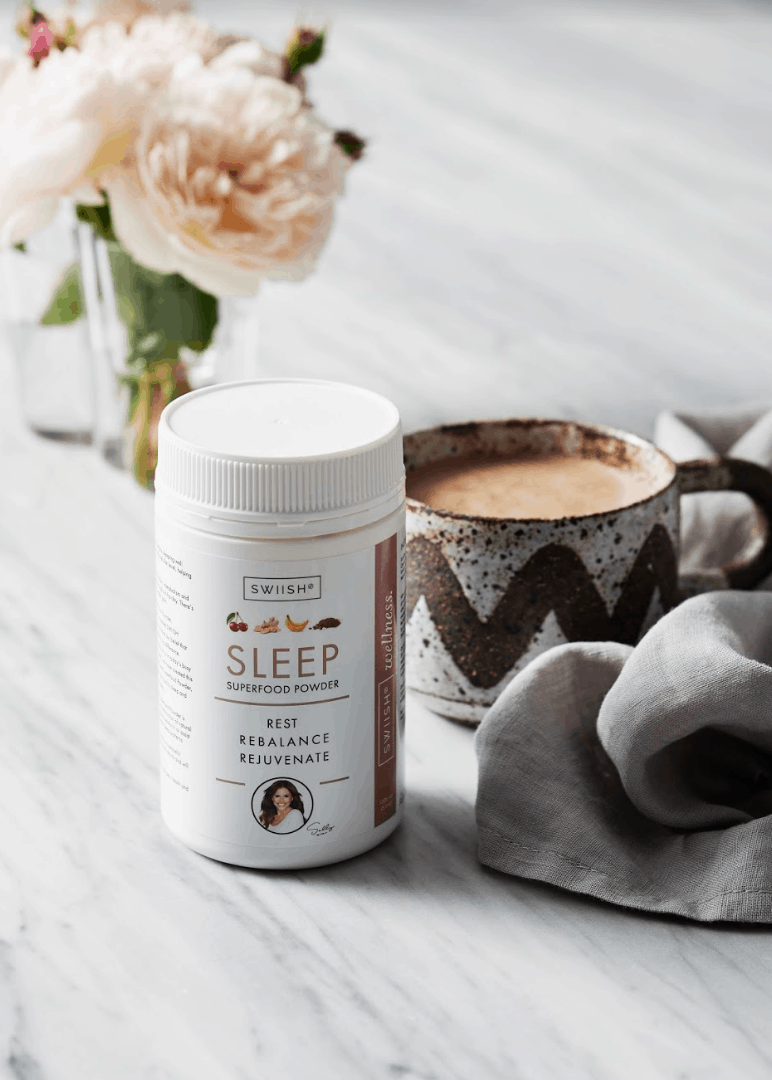
Still have more questions on menopause? Catch the entire SWIISH Wellness Expert Series interview on menopause with Naturopath Lisa Costa-Bir below!
Want to get in contact with our menopause and female health expert?
Find Lisa on Instagram here: @lisacostabirnaturopath
Or check out her website for bookings and consultations here.



